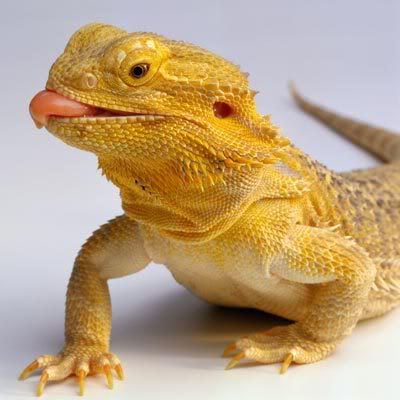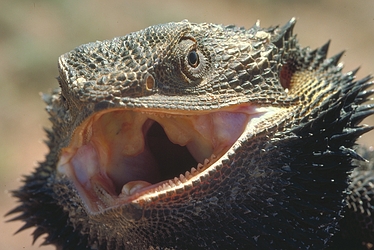Bearded Dragon Won't Move or Eat: What to Do for Your Lizard
Is Your Bearded Dragon Not Eating or Moving? Here’s Why!

As a bearded dragon owner, you want your pet to be healthy and happy. However, if your bearded dragon is not moving, not eating, or is lethargic, this can be concerning. There are a few reasons why this may be happening and what you can do about it.
Reasons Your Bearded Dragon May Not Be Eating or Moving
There are a few reasons why your bearded dragon may be acting lethargic and refusing to eat. Some reasons include:
- Brumation - a period of hibernation-like behavior
- Too Cold or Too Hot Environment
- Stress or Anxiety
- Impacted Digestion
- Parasites or Infections
- Injury or Disease
What to Do If Your Bearded Dragon Won’t Move or Eat
If your bearded dragon is showing signs of not moving or eating, there are a few things you can do to help. First, identify what may be causing their behavior. You can do this by observing their environment, diet, and overall behavior. If you are unsure of what may be causing their behavior, it is important to take them to a veterinarian who specializes in reptile care.

If your bearded dragon is impacted, you may need to give them a warm bath to help them pass the blockage. In some cases, surgery may be necessary. If your bearded dragon is showing signs of an infection or parasites, the veterinarian may need to perform tests and provide medication to help them recover. If they are too cold or too hot, adjust their environment to ensure they are comfortable and can regulate their body temperature.
Preventing Health Issues for Your Bearded Dragon
Prevention is key when it comes to keeping your bearded dragon healthy. Here are a few things you can do to prevent health issues:
- Provide a proper diet with a mix of vegetables, fruits, and live insects
- Ensure their environment is at the proper temperature
- Provide a UVB bulb to help with vitamin D synthesis
- Keep their environment clean and hygienic
- Provide ample space for exercise and movement
Conclusion
Bearded dragons are wonderful pets, but they require proper care and attention. If your bearded dragon is not moving or eating, it is important to identify the cause and seek veterinary care if necessary. Remember to provide a proper diet, environment, and exercise for your bearded dragon to prevent health issues from arising. With proper care, your bearded dragon can live a happy and healthy life with you.
